People Who Listen But Don’t Judge Usually Had These 11 Childhood Experiences
If you can truly listen without judging people, you were raised in a different way than most people were.
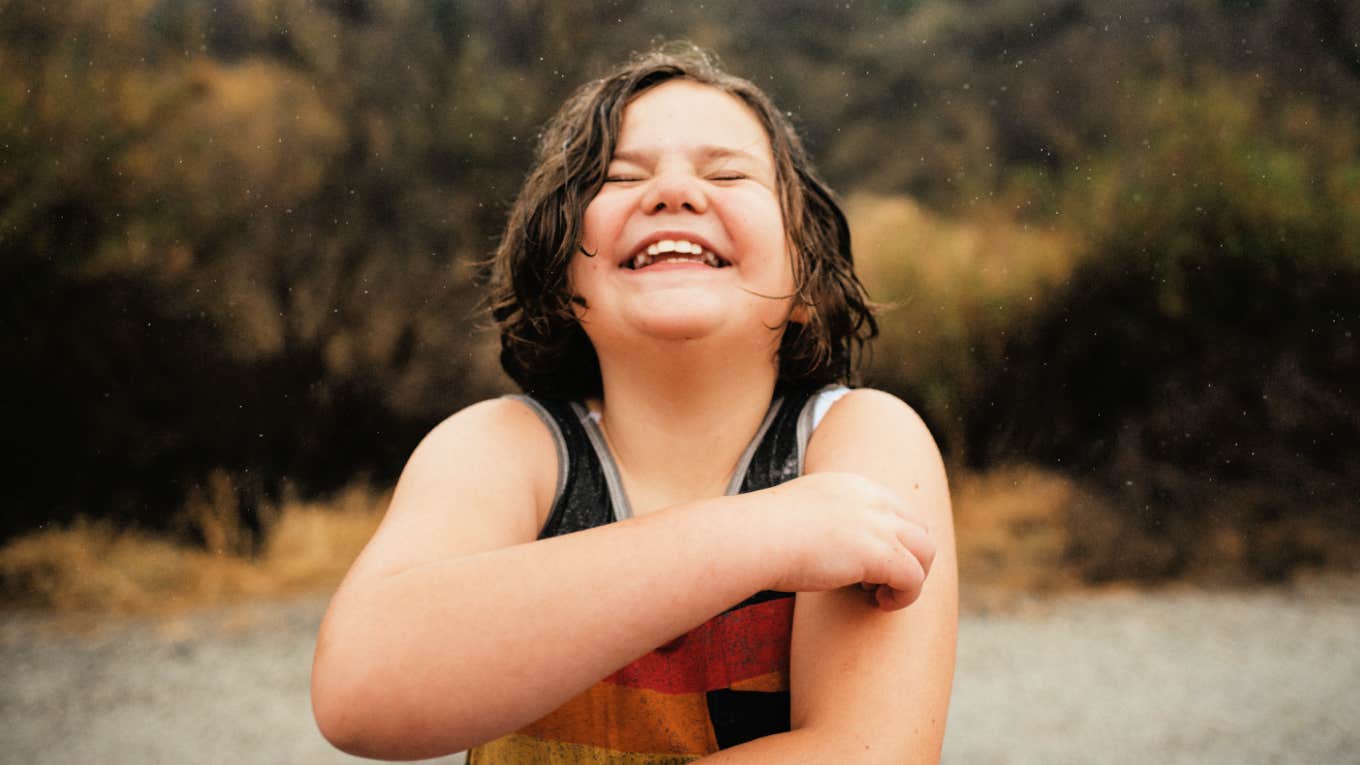 Chandra Wicke / Shutterstock
Chandra Wicke / Shutterstock If you've been paying attention to the "We listen. We don't judge." TikTok trend, you know that the purpose is to have someone you care about share a confession while you do your best to remain non-reactive, nonjudgmental, and respond in a supportive manner. It's clear that not everyone can do that, so the ones who are have something about them that is rare.
People who tend to have a mindset of understanding instead of judging got that way because of how they were nurtured growing up and through the challenges they experienced. Specific developmental routes led them to be who they are today. These experiences are emotional, relational, and situational, but all have resulted in a person who listens but never judges.
People who listen but don’t judge usually had these 11 childhood experiences
1. Their emotions were acknowledged, not dismissed
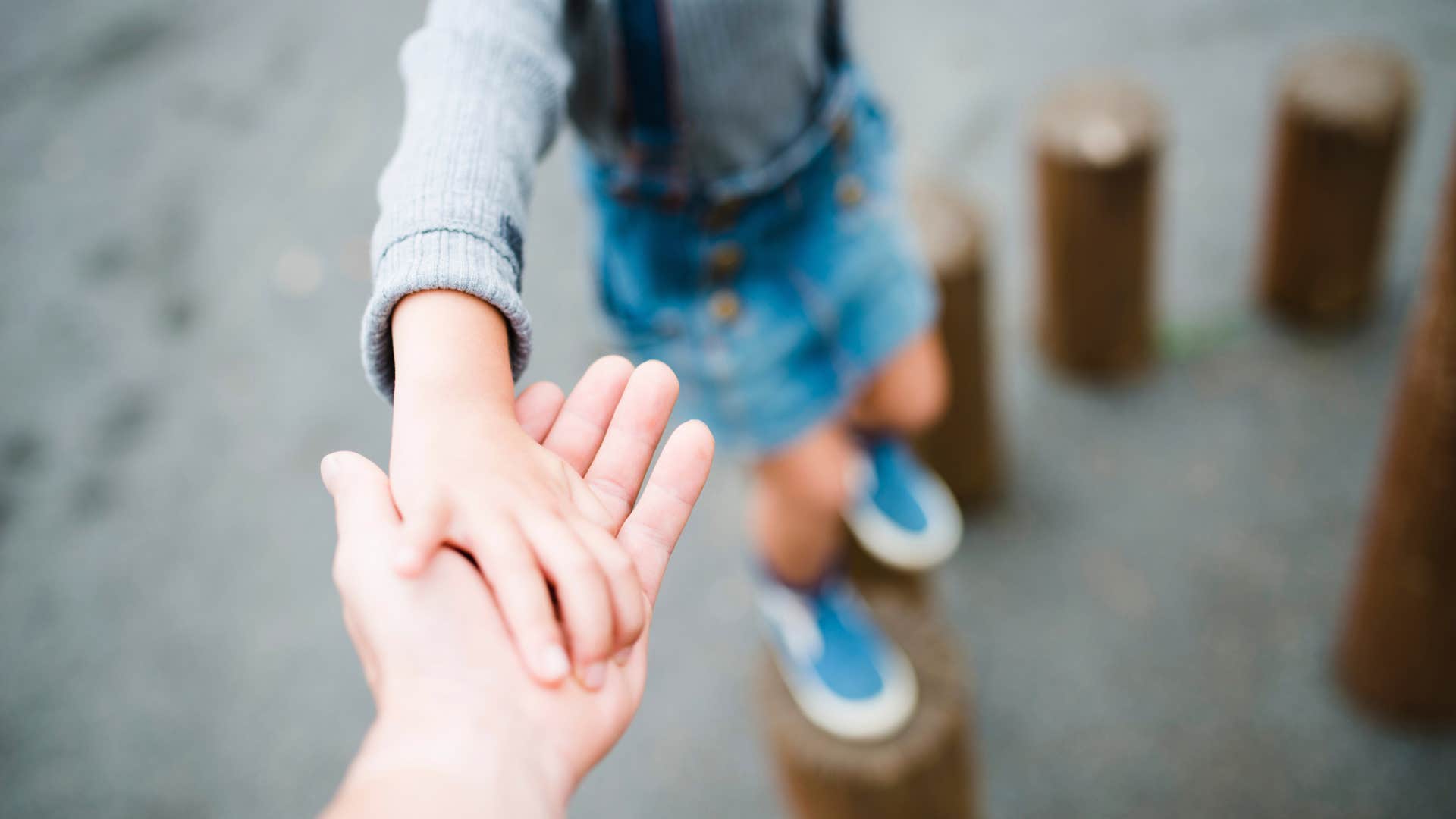 Hakase from Getty Images Signature via Canva
Hakase from Getty Images Signature via Canva
People who are good at listening and don't pass judgment had their feelings validated as kids. They were never told to be quiet when they cried and were assured that it was perfectly okay to feel that way. Their caregivers listened without judging them and respected their openness and their truth, providing a safe space to express emotions without fear of being punished or ridiculed.
Not only that, but their parents modeled that same behavior, expressing their own feelings transparently and allowing their vulnerability to show. They were calm and could make sense of their own emotions as well as those of their children, asking probing questions like "What happened?" or "What is making you feel that way?"
2. Adults around them modeled empathy
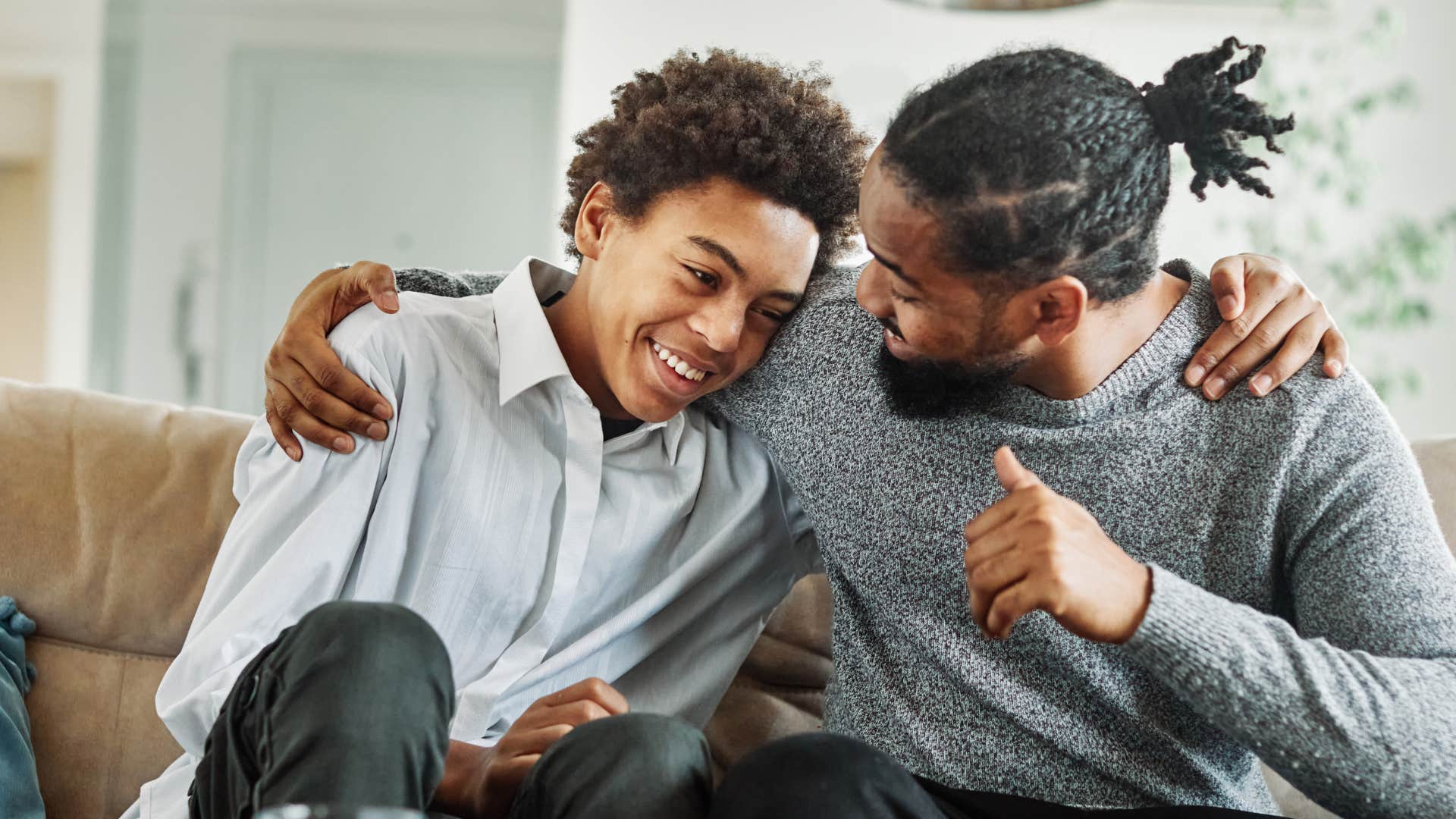 Milan Radulovic's Images via Canva
Milan Radulovic's Images via Canva
Whether it was a parent or a teacher, kids who grew up to be adults who listen, but don't judge, saw similar behavior modeled. They saw adults respond with kindness and empathy when others made mistakes, had struggles, or did something that might cause anyone else to pass harsh judgment. They focused on the things that bring people together rather than those that set them apart.
They realized early on that just because someone messes up, they do not become a bad person. They know that errors can be corrected and people who make bad decisions can always learn to make better ones. They don't believe in throwing people away and think they can catch more flies with honey than with vinegar.
3. They were asked for their opinions
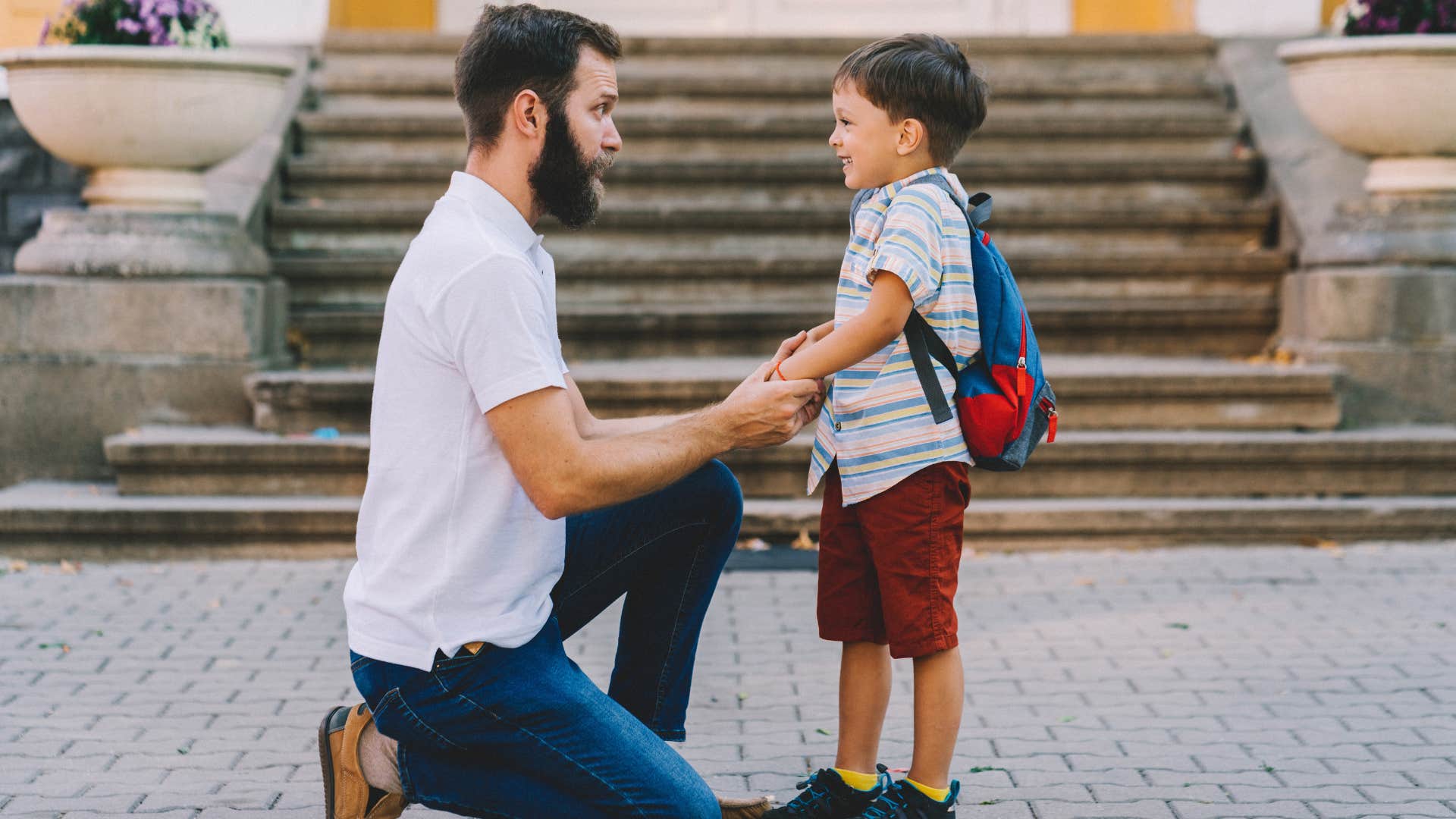 martin-dm via Canva
martin-dm via Canva
It's rare that in a room full of adults, a child is asked what they think. Grown-ups mindlessly dismiss the thoughts, ideas, and opinions of children, believing that they are to be seen and not heard. They are presumed not to have enough life experience to offer anything of value to the conversation, so they are disregarded or ignored.
But people who grow up to be less judgmental of others were usually treated as if their voices mattered, and that helped them to learn to value the opinions of other people, too. What they had to say was given the same credence as anyone else's words, and for them, it just became normal to allow everyone to be seen and heard.
4. They were taught to pause and think first
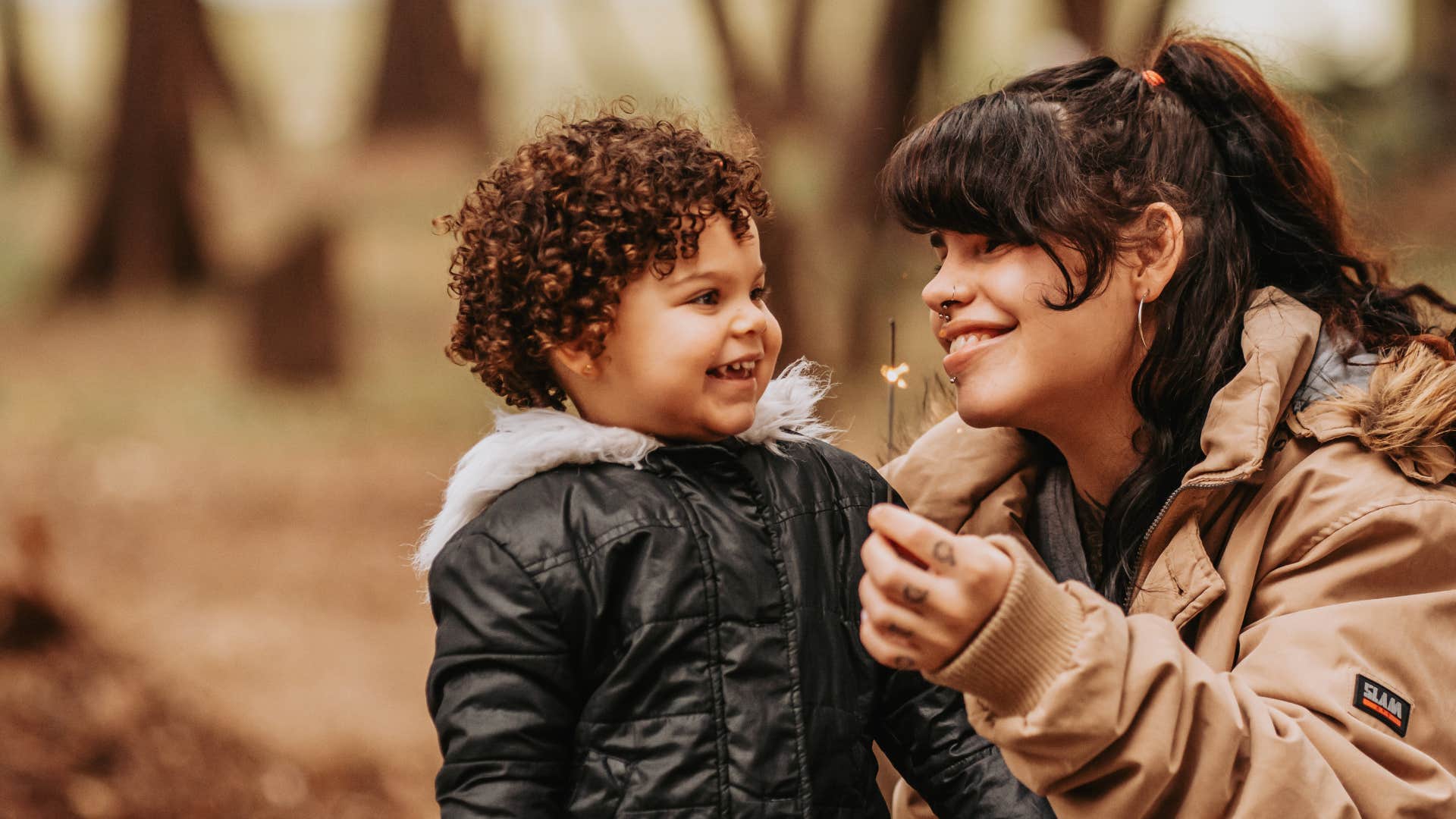 Joel Santos from Pexels via Canva
Joel Santos from Pexels via Canva
Most of the negative experiences we have in life can be explained by bad communication. We react without thinking, letting our intrusive thoughts run the show. But adults who listen to others and do not judge them were taught to pause and think before speaking or reacting. They know that the first thought that comes to mind is not always the right one.
They grew up in an environment where, through discipline, storytelling, or by example, they were taught to come up with thoughtful responses and to be less reactive. That ability to stop and think carried over into adulthood, and now they can listen to something that might usually cause strong feelings, noticing their emotions, but choosing to reflect before they say or do something they might regret.
5. They could respectfully disagree
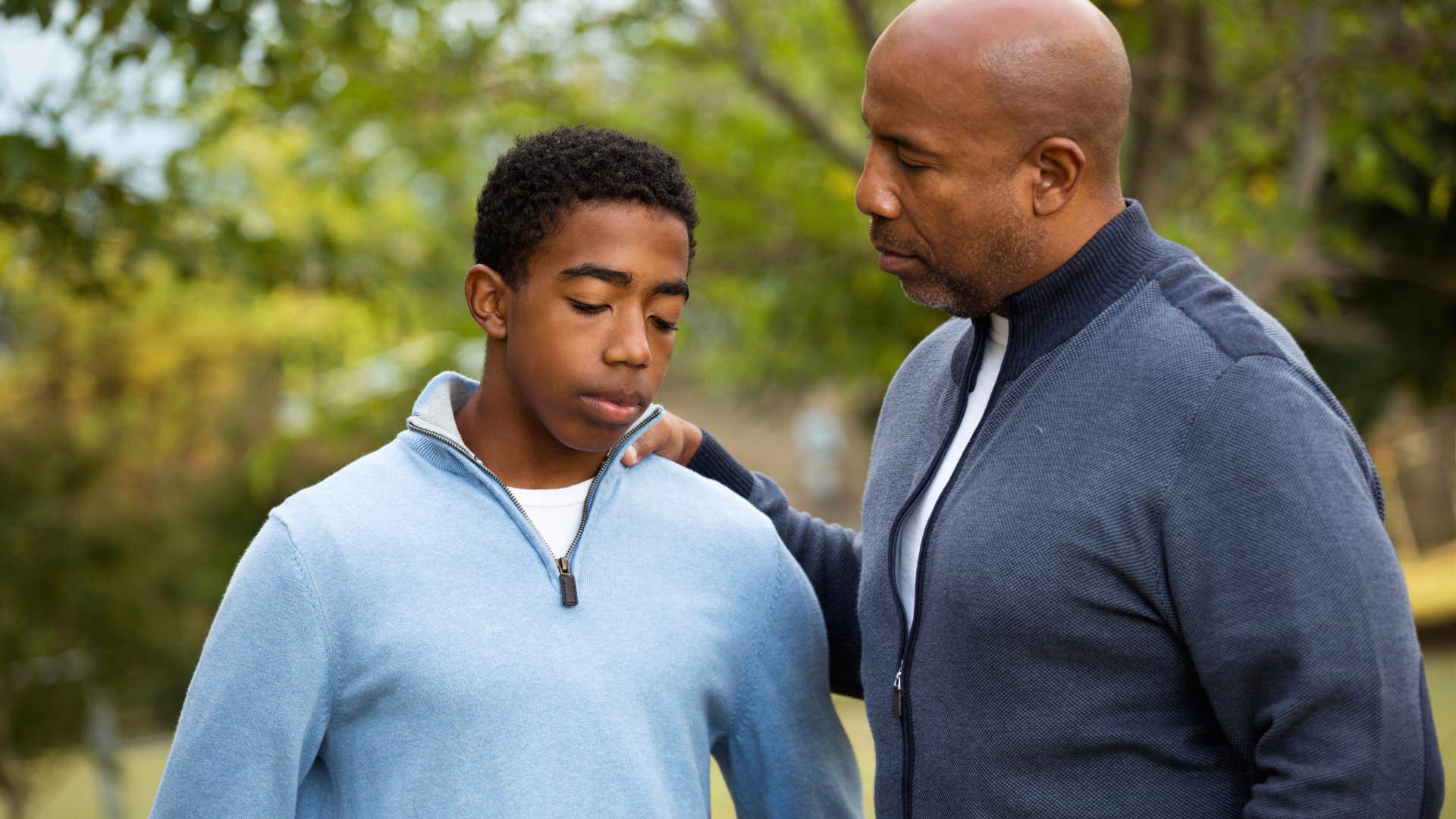 digitalskillet from Getty Images via Canva
digitalskillet from Getty Images via Canva
Most parents expect kids to do as they say and go along to get along, even in situations where they disagree. They were not allowed to challenge ideas or rules because their caregivers wanted to maintain their authority without question. If the kids spoke up, they were dismissed, misunderstood, or rejected.
But those who could openly disagree, as long as they were respectful, grew into adults who could allow others to do the same without fear of judgment or retaliation. They don't need to win. They just need to come to a place of mutual understanding and respect. These well-adjusted people believe that everyone should have a seat at the table and that you don't have to agree to understand.
6. They were exposed to different types of people
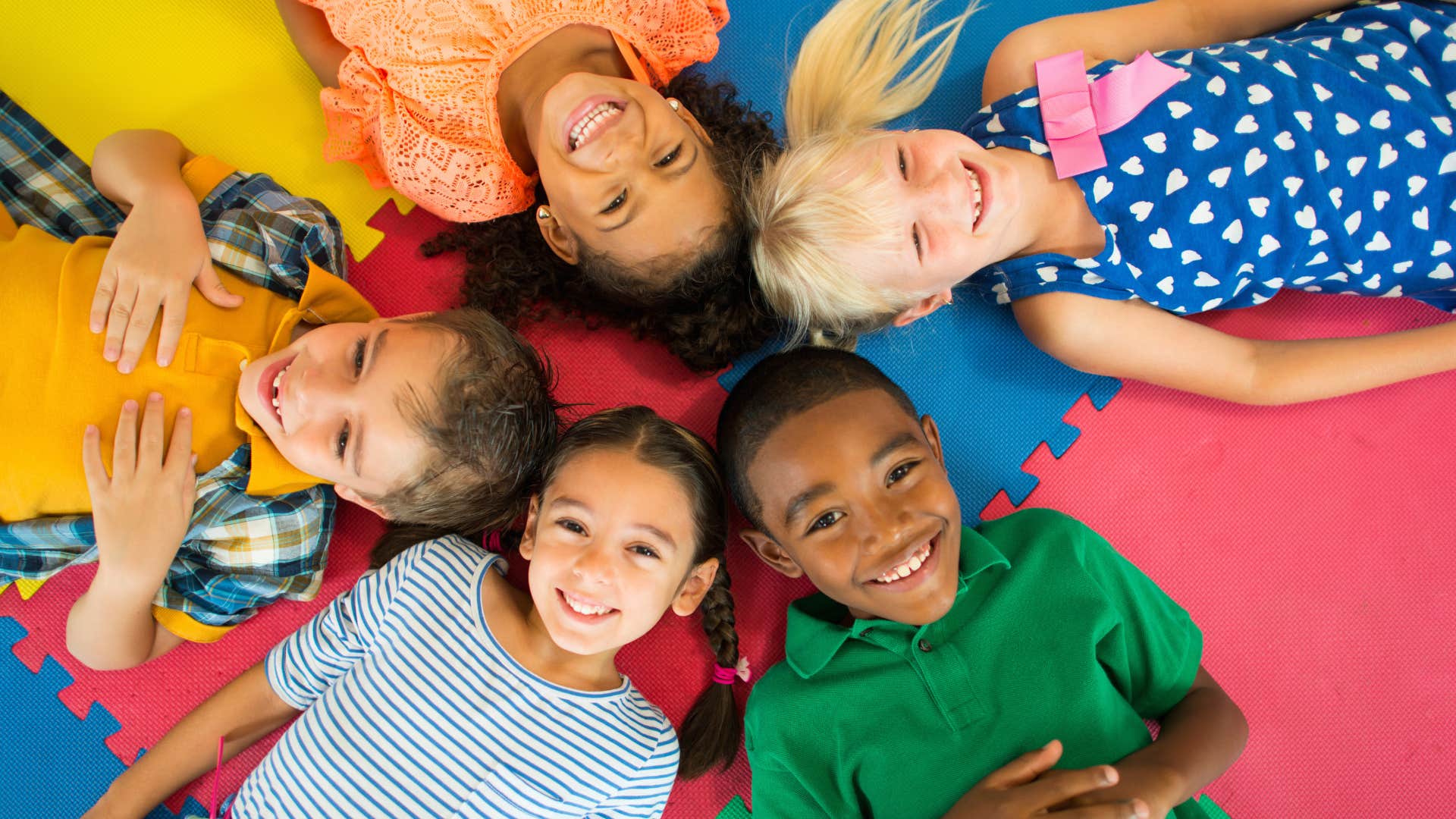 FatCamera via Canva
FatCamera via Canva
People who can listen without passing judgment were usually around diverse groups of people growing up, and that exposure taught them to celebrate differences instead of being afraid of them. Whether through school, their local community, by traveling, or in the media, they saw that other people live and think differently than they do, and that's okay.
Exposure to people from various backgrounds taught them humility early in life. They are open-minded due to the realization that what works for them will not work for everyone. These people tend to be welcoming and warm, allowing others to be their most authentic selves without worrying that they will be ostracized for it.
7. They saw compassion in action
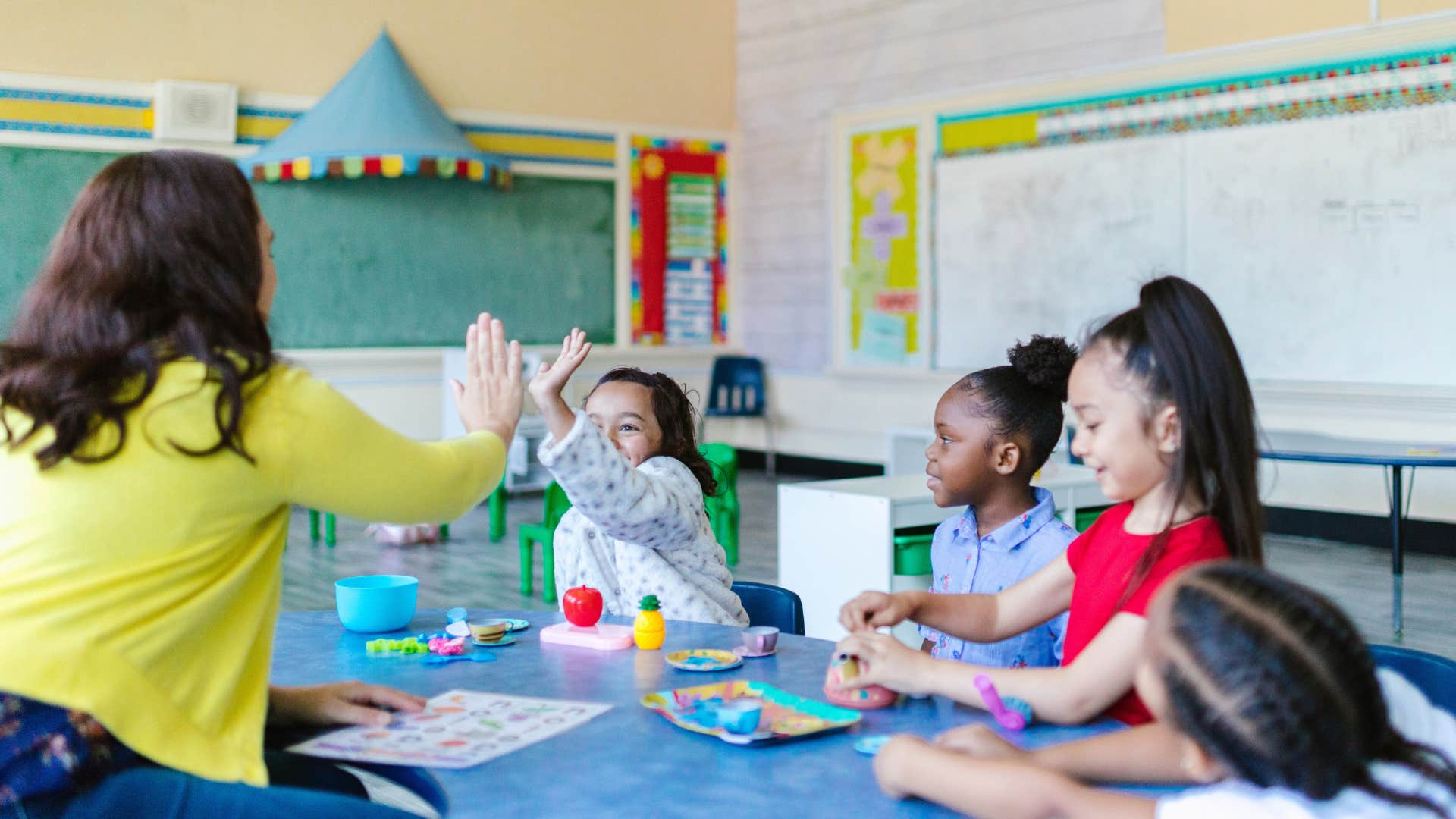 RDNE Stock Project from Pexels via Canva
RDNE Stock Project from Pexels via Canva
It's hard to become a compassionate person unless you know what that looks like. For people who turn out to be the most accepting and nonjudgmental adults, they saw compassion in action as kids and learned firsthand how to be better. They might have watched their parent care for a sick relative, assist a neighbor, or stand up for someone who was being treated unfairly.
People who turn out to be the kindest in our society were encouraged to consider other perspectives. They might have conflicted with another kid, and instead of automatically taking their side, a caregiver may have asked, "How do you think that made them feel?" They learned that two things can be true and neither has to be ignored.
8. They felt judged themselves
 pixelshot via Canva
pixelshot via Canva
Sometimes our parents teach us what not to do. Perhaps we can do nothing right and are overly criticized when we make mistakes. Failure and pain are not something that you are supported through. Instead, you were marginalized and punished for daring to be human.
Those painful experiences can create a deep empathy for others who might be experiencing the same. You understand vulnerability and hurt because you've been there. Your negative upbringing has cultivated a spirit of compassion and empathy for others that allows you to be patient, even in the worst of situations.
9. They witnessed poor conflict resolution
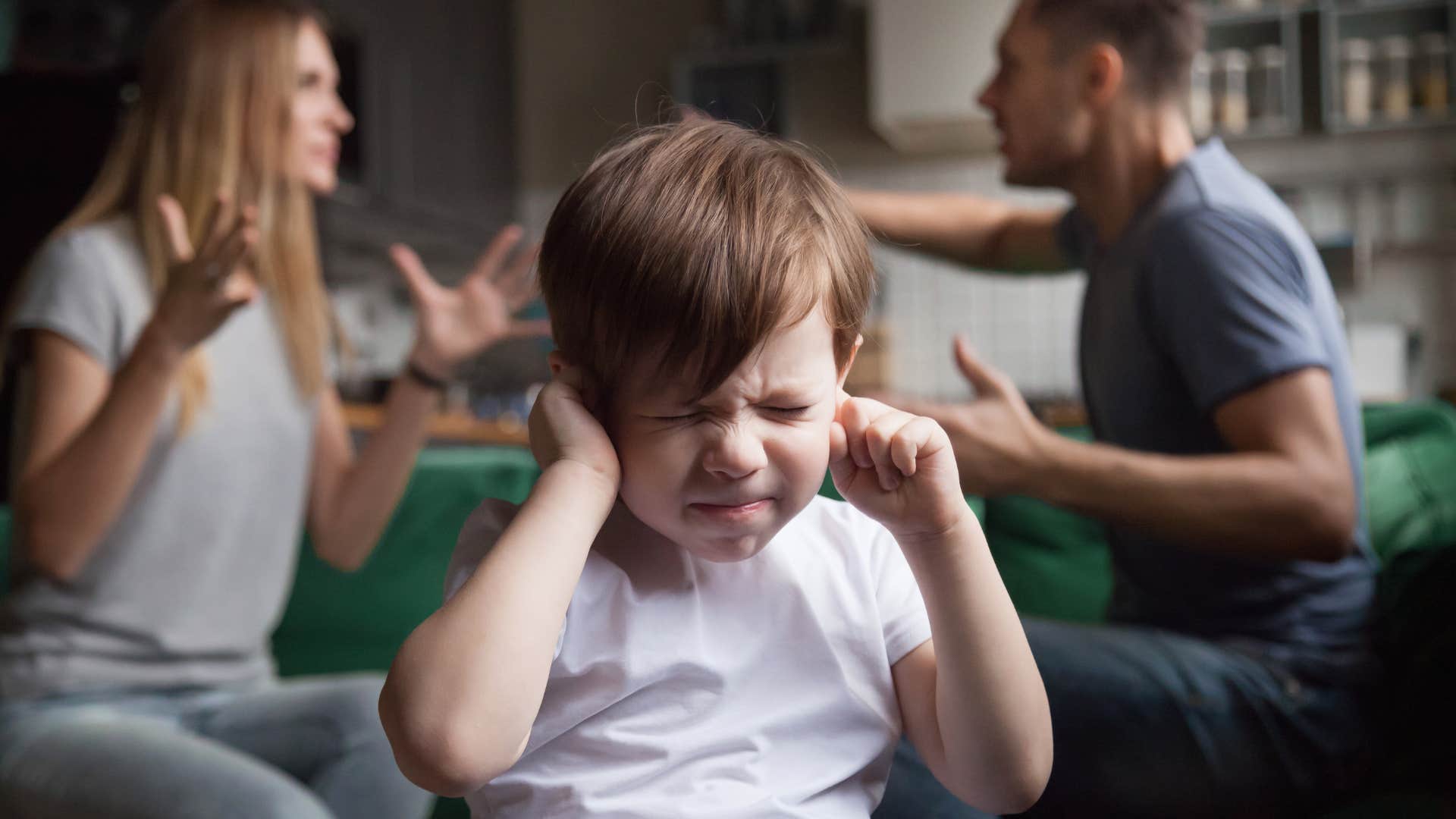 fizkes by Getty Images via canva
fizkes by Getty Images via canva
Sometimes, a parent who does not know better cannot do better. They never learned how to handle conflict in a respectful, effective manner, so they exemplified total toxicity to you. You watched your parents engage in screaming matches, give each other the silent treatment, or manipulate one another to get what they want.
That poor example of conflict resolution made you vow to do better. You worked on your listening skills, practiced mindfulness and emotional regulation, and learned to become more self-aware and less reactive. This made you an adult who can put differences aside and actively listen, knowing that we can accomplish more together than apart.
10. They were the peacekeepers of the family
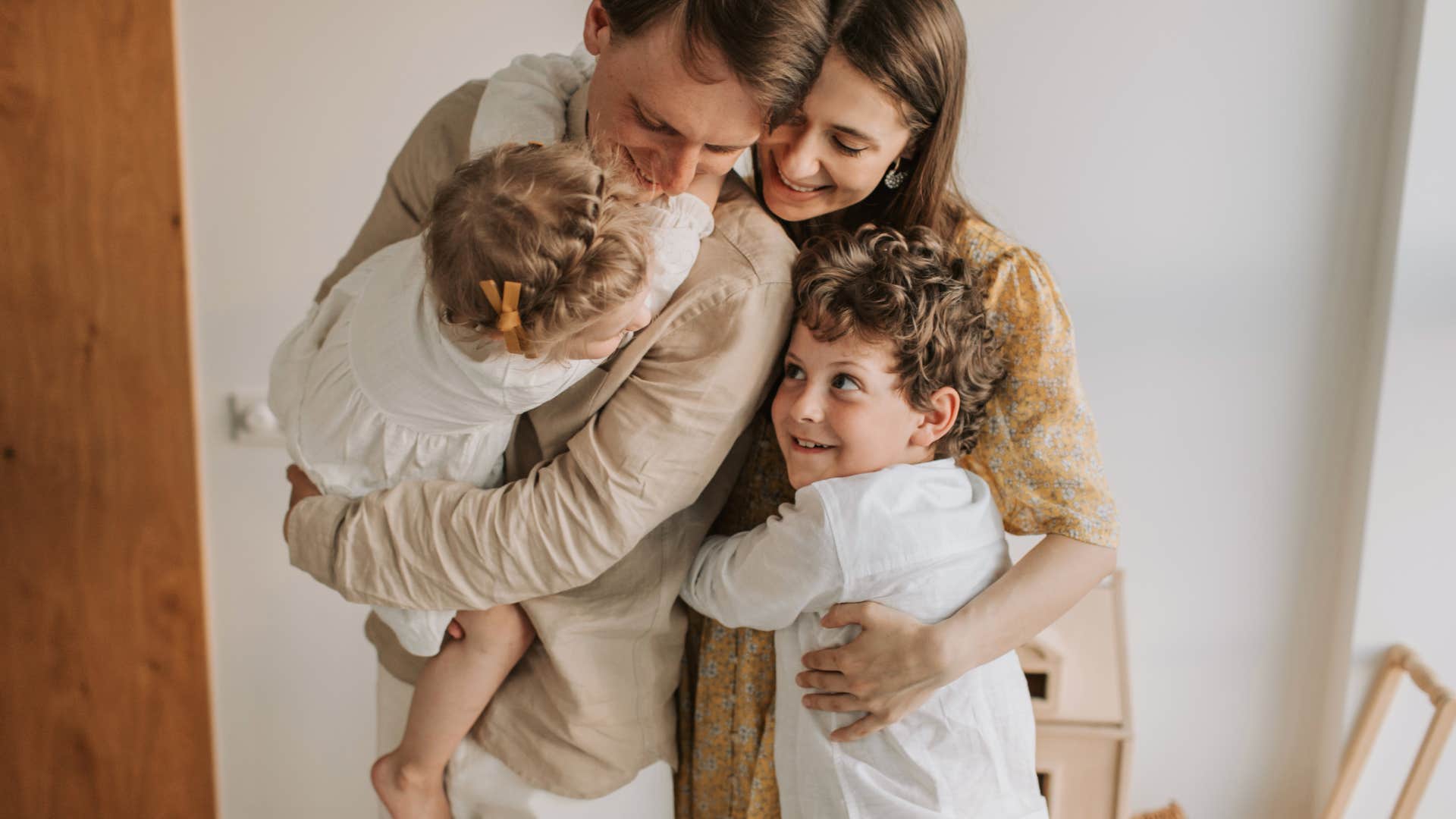 Vlada Karpovich from Pexels via Canva
Vlada Karpovich from Pexels via Canva
There is nothing worse than being in the middle of a toxic family and trying to keep the peace as a child. You are unofficially put into an emotional caretaking role and made responsible for mitigating problems between the people you love. It's unfair and a heavy burden for a child to carry. But it teaches you some valuable lessons you can take into adulthood.
Children who were forced into a peacekeeper role are more likely to understand the emotions of others and be sensitive to their needs. They can see through the surface-level reactions to uncover the hidden feelings that are making a person act out. They listen and don't judge because they understand that there is much more to a situation than meets the eye. They have the patience and understanding to allow the details to unfold.
11. They were introspective
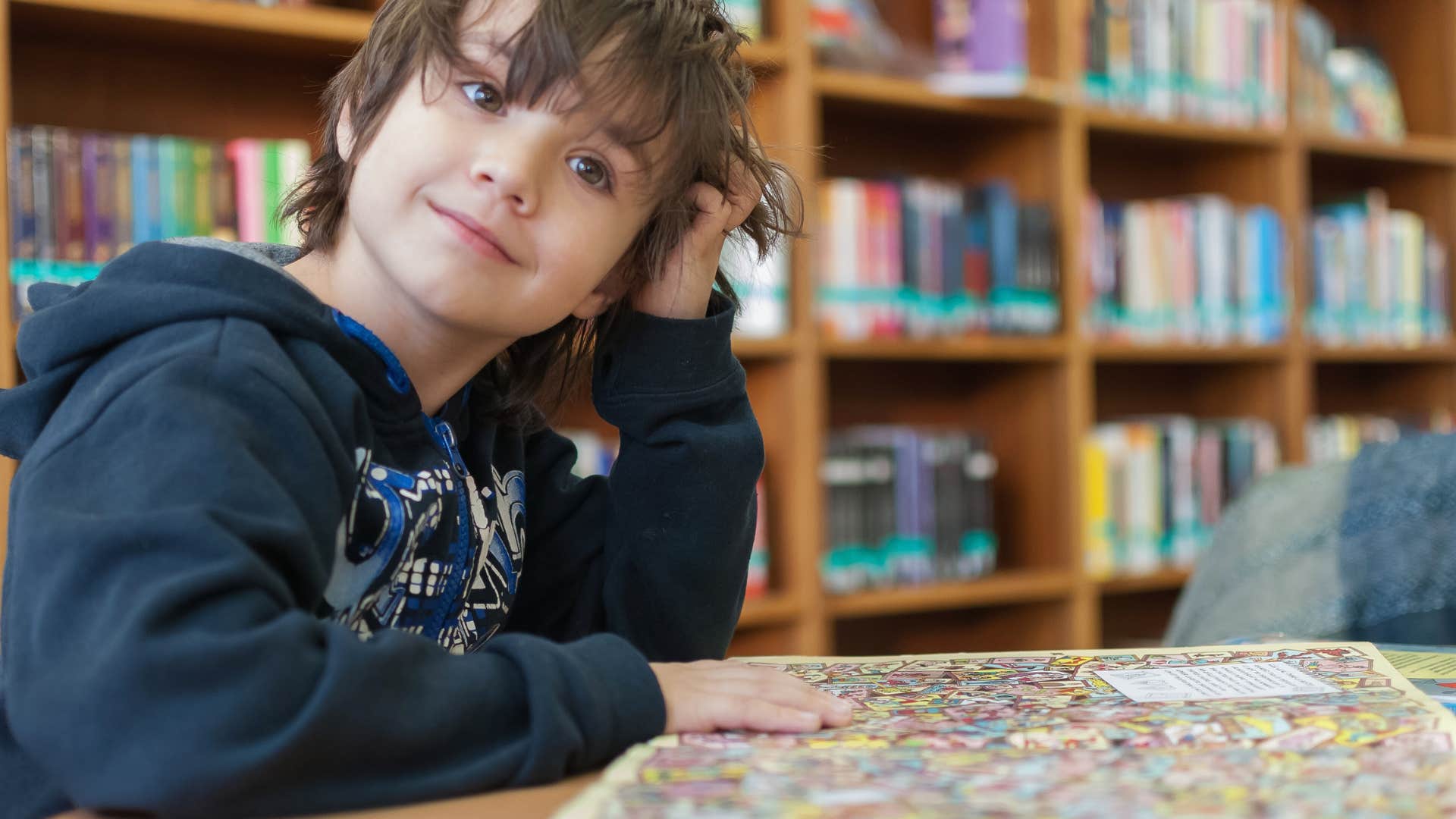 barskefranck from pixabay via Canva
barskefranck from pixabay via Canva
Adults who know how to listen but don't judge have had meaningful time to be alone with their thoughts, as children. They spent time journaling, reading, listening to music, or quietly playing. Those moments helped them develop and interpret their inner world and become super self-aware. They listen to themselves without judgment, so it's no wonder they can do the same for others.
These emotionally healthy kids had safe spaces where they could use their imagination, tell stories, and role-play, which built empathy and perspective. They know how to work on self through therapy, self-help books, mentorship, and looking within. All of this has helped them unlearn reactive behavior and stop judgmental habits.
NyRee Ausler is a writer from Seattle, Washington, and the author of seven books. She focuses on lifestyle and human interest stories that deliver informative and actionable guidance on interpersonal relationships, enlightenment, and self-discovery.

